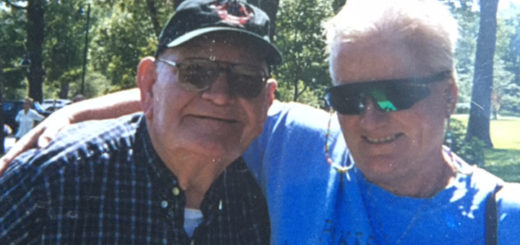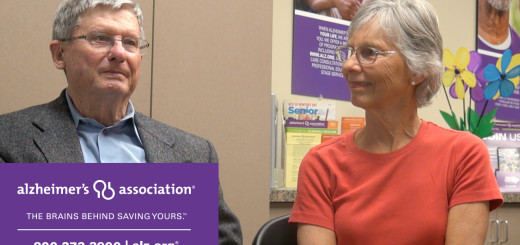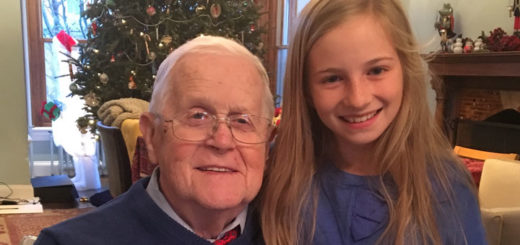Thoughts from a Volunteer
By John Becker, Ph.D. – Helpline Volunteer
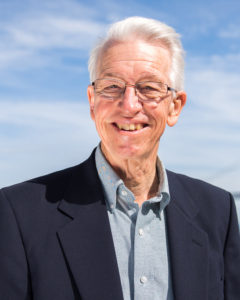 “Is this Alzheimer’s disease?” That’s a question I’ve often been asked by frightened patients or family members during my career as a clinical psychologist. Helping people answer that question, and sometimes cope with the answer, has been a frequent duty.
“Is this Alzheimer’s disease?” That’s a question I’ve often been asked by frightened patients or family members during my career as a clinical psychologist. Helping people answer that question, and sometimes cope with the answer, has been a frequent duty.
Fortunately, I’ve had some good “tools” available. Inspired by a gifted professor in graduate school, I chose research focused on neuropsychological assessment. Training in a large medical center taught me to help people understand the difference between typical aging and types of dementia, including Alzheimer’s disease.
Years of practice in medical settings, working with courts to help determine conservatorship when needed, and continuing education, including Alzheimer’s Association conferences, allowed me to further develop those skills.
So when I retired from full-time practice, volunteering to answer the Alzheimer’s Association Helpline seemed a natural way to continue using my skills. After all, I’d been referring people to the Northern California/ Northern Nevada chapter for support groups and education for years. 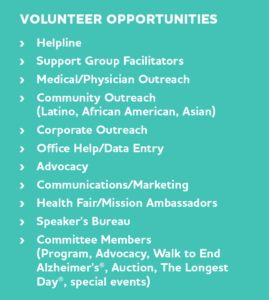
Working on the helpline is a good way to use what I’ve learned and to keep on learning. People are grateful when I can help them find solutions that work for them.
Because of my involvement as a helpline volunteer, I’ve been asked to serve on two advisory committees involving the Music and Memory program, and to speak at a community college about the program.
To a person, I have found the staff here to be consistently positive and supportive. And the Helpline callers like our interactions, including information and referral as well as care consultations.
Besides, research tells us that when we find purpose and stay physically, socially, and mentally active in retirement, we can build cognitive reserve and reduce the risk of developing dementia. For what more could I ask?
Helpful information related to this post:





